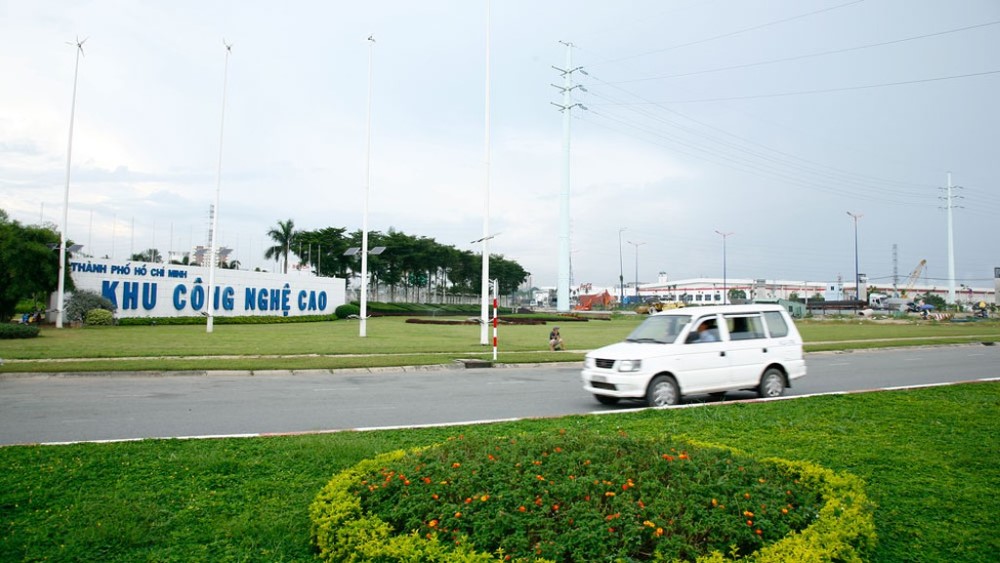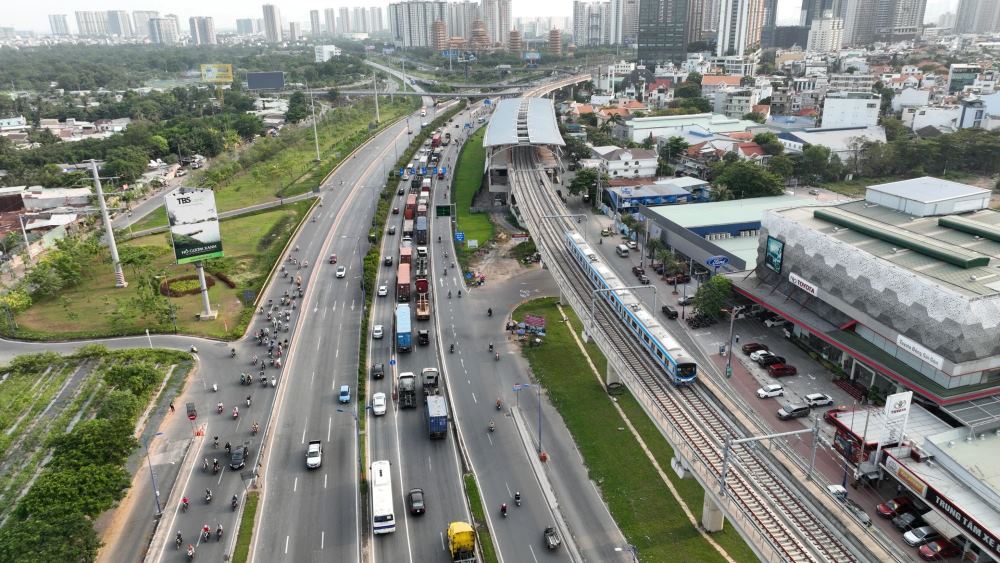Top 10 reasons for international businesses to invest in Vietnam

Vietnam, with its rapidly developing economy, has attracted the attention of many international businesses. Perhaps one of the key factors that attract investors here is the city’s tax incentives for businesses. Thanks to these special incentives, Ho Chi Minh City, as well as Vietnam as a whole, is gradually becoming an ideal destination for businesses looking to invest in the Southeast Asian market.
However, tax incentives are not the only factor. There are many other reasons that make Vietnam a compelling destination for foreign investors. Let’s explore the attractive reasons behind the potential market.
Reasons for international businesses to invest in Vietnam
1. Stable and sustainable growth
Sustainable economic growth is one of the attractive reasons for foreign businesses to invest in Vietnam. With innovation and economic reform policies, Vietnam has achieved significant milestones in maintaining stable growth rates over the years. This creates favorable conditions for investors to establish and develop businesses in the country.
Besides, Vietnam’s large consumer market with diverse demands also attracts the attention of foreign businesses. Investing in Vietnam not only brings opportunities for their expansion but also promises attractive profits and long-term development potentials.

Vietnam has stable economic growth
2. Strategic geographical location
Located in the heart of Southeast Asia, Vietnam possesses a strategic geographical location bordering important neighboring countries in the region. This provides numerous opportunities for economic cooperation, trade, and investment for businesses. Furthermore, Vietnam is also regarded as one of the countries with stable political and security conditions creating favorable conditions for long-term business activities. This stability has instilled confidence and trust in foreign investors regarding Vietnam’s sustainable development potentials.
Thanks to its favorable geographical location and stable political situation, Vietnam is increasingly becoming an attractive destination for foreign businesses looking to expand their investment scale in the Southeast Asian market.
3. Quality young workforce with competitive costs
With a young labor force, Vietnam offers abundant dynamic human resources, providing many opportunities for international and multinational businesses to select potential candidates who are creative and ready to meet the requirements of the 4.0 era.

Young workforce with competitive costs
The workforces in Vietnam are not only young but also high-quality. They are highly regarded for their diligence and proficiency in multiple languages as well as good job skills. These factors have opened up new opportunities for both workers and businesses looking to develop in the Vietnamese market.
In addition, Vietnam’s competitive labor costs are also an attractive factor. Compared to many countries in the region and worldwide, wages and labor costs in Vietnam are still at an average level, helping to minimize production costs and improve the operational efficiency of invested business.
4. Vietnam is a member of free trade agreements
Currently, Vietnam is participating in free trade agreements such as the Comprehensive and Progressive Agreement for Trans-Pacific Partnership (CPTPP) and the Regional Comprehensive Economic Partnership (RCEP). Vietnam has created a favorable foundation for accessing large and diverse markets regionally and globally.
By becoming a member of these agreements, businesses investing in Vietnam can leverage the advantages of market access, minimize trade barriers, and facilitate import-export. This enhances competitiveness and opens up new opportunities for businesses to participate in global supply chains and tap into potential markets.
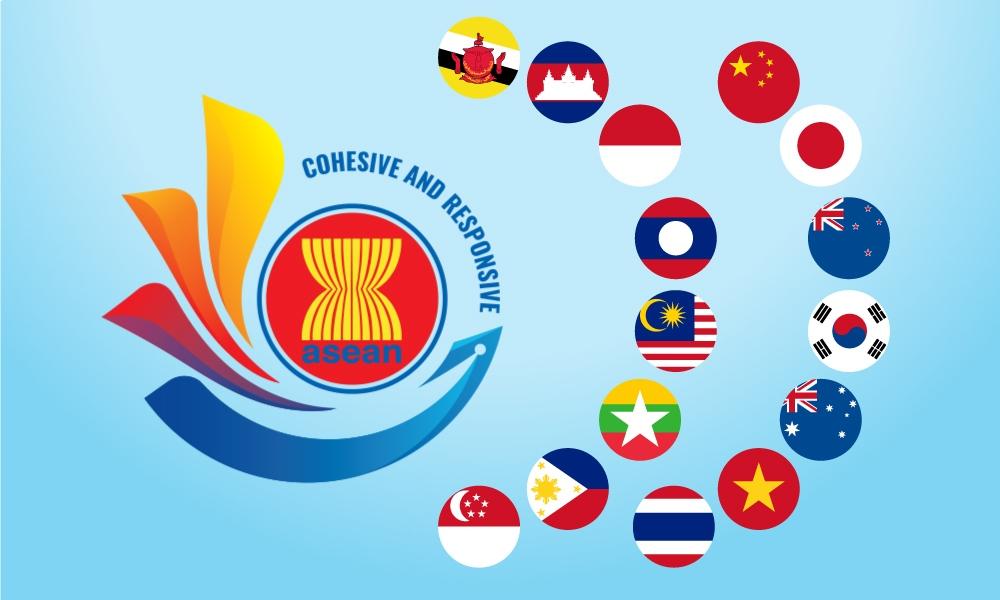
Vietnam is a member of RCEP
5. Attractive incentive policies
Vietnam has implemented various appealing incentive policies to attract foreign investment. The Vietnamese government continuously considers implementing investment encouragement solutions, especially for key sectors such as information technology, renewable energy, industrial production, tourism, and agriculture. Businesses investing in Vietnam can enjoy reduced or waived taxes for a certain period of time.
Additionally, the government also supports businesses with policies relating to land, business licenses, import-export procedures, workforce training, and other forms of assistance.
These incentive policies help reduce investment risks and enhance profitability for foreign businesses. This has attracted the attention and investment of many large companies around the world, contributing to the sustainable development of Vietnam.
Learn more: Details of tax incentive in Saigon Hi Tech Park
6. Investment is increasingly expanding
Geographic advantages and a growing economy are not the only attractions for investors. Vietnam is always widely open to receive direct investment from foreign direct investment (FDI) and encourages it by continuously updating regulations and promoting FDI.
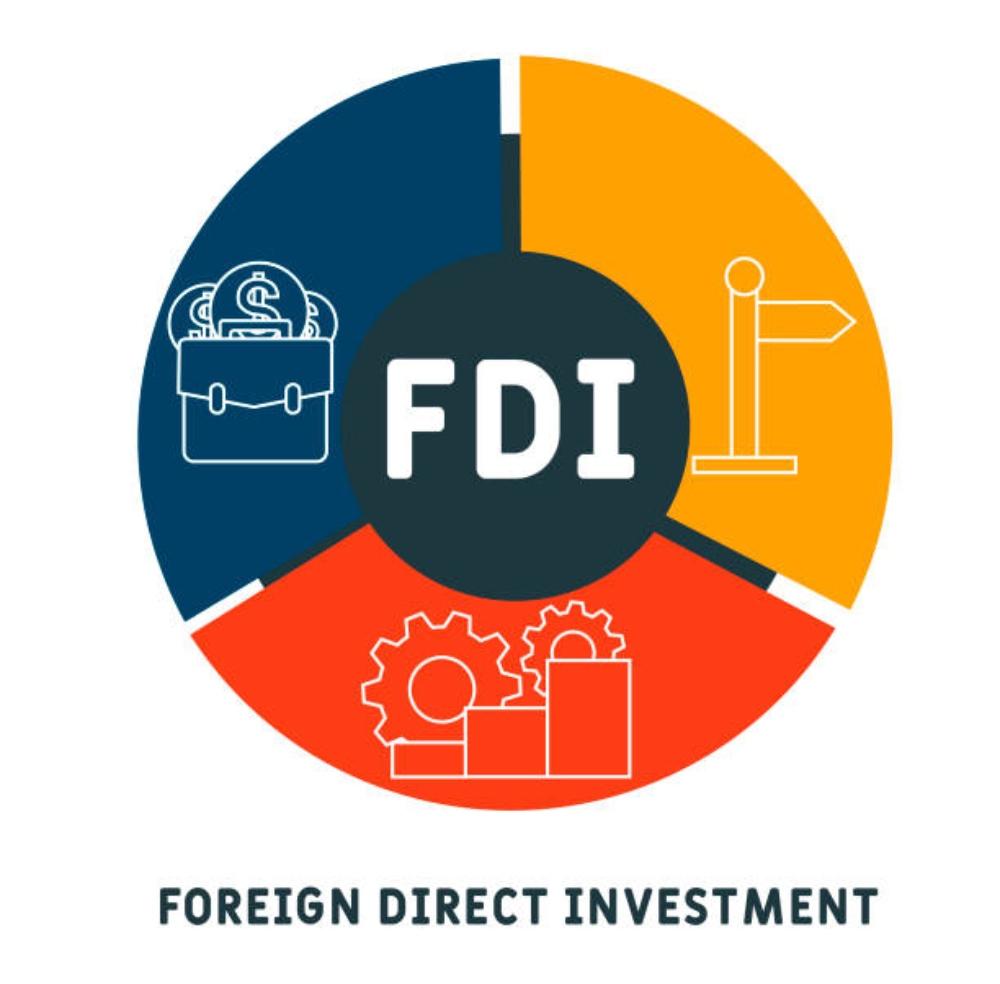
Foreign Direct Investment (FDI)
The Vietnamese government offers many special incentives to foreign investors, especially in geographical areas or particularly important sectors such as high technology and healthcare. These tax incentives include:
- Tax reduction, corporate income tax incentives..
- Exemption from import duties, such as for raw materials.
- Reduce or waive land rental fees and land use taxes.
In July 2015, Vietnam implemented Decree 60/2015, allowing foreign investors to participate in more sectors than before. According to the government, Vietnam attracted $24.4 billion in foreign direct investment in 2016. Big names such as Samsung, Nestle and LG are among the largest investors contributing to this number.
7. Stable population growth
With nearly 100 million people, Vietnam currently ranks 15th in the world in terms of population. It is expected that by 2030, our country’s population will increase to 105 million people, according to Worldometers forecasts. Along with population growth, the middle class in Vietnam is growing faster than in any other Southeast Asian country.
A stable and growing economy leads to increased income, especially among the middle class. Market research company Nielsen predicts that, by 2020, the middle class in Vietnam will increase to 44 million people, and is expected to increase to 95 million people by 2030. This will create favorable conditions for Foreign investors to see profit potential from consumers in Vietnam.
8. Vietnam’s demographics are young
Different from the situation in China, where the population is growing and aging rapidly, Vietnam’s demographic situation currently remains at a relatively young level. According to a report from The World newspaper, the average age of Vietnamese people is 30.8 years old, while in China it is 37.3 years old. Nielsen also estimates that about 60% of Vietnam’s population is under the age of 35.

Vietnam has young level demographics
The workforce is young and large, and shows no signs of decline. In addition, the Vietnamese government also invests a large amount of money in education, creating conditions for our country’s workforce to have high professional qualifications.
9. Save on setup costs
Unlike many other countries, in Vietnam there is no minimum capital requirement for most professions. In fact, establishing a company in Vietnam that requires a large amount of capital is one of 7 common mistakes that foreign investors often make here.
You can start a business in Vietnam without having to invest a large amount of capital from the beginning. It’s important to make sure you have enough money to cover the costs your company needs to pay, and then you can proceed with the registration. Note that the capital you have given must be paid in full within 90 days of registering your company.
10. Competitive labor costs
Although the minimum wage in Vietnam increases every year, our country still has low labor costs. Wages in Vietnam are still less than half that in China. Rising labor costs in China have caused manufacturers to seek markets with lower labor costs. Vietnam, with its low minimum wage and growing economy, has become an attractive alternative to China.
OneHub Saigon – Tech Hub in Thu Duc City with appealing tax incentive from Saigon Hi Tech Park
OneHub Saigon, located at the gateway of Saigon Hi-Tech Park, is planned to become a Tech Hub in the future. Businesses choosing to establish offices and develop projects here will enjoy incentives from Saigon Hi-Tech Park. Particularly, industries such as electronics, information technology, mechanical engineering, automation, and energy will benefit from corporate income tax incentives as well as exemptions from import-export taxes, value-added tax along with other incentives. In the near future, OneHub Saigon is expected to become a promising Tech Hub in Thu Duc City as the headquarter for many businesses developing in new technology and energy sectors.
It can be seen that for investors looking to explore office locations or establish new companies, OneHub Saigon is a suitable choice for businesses to further explore. This promotes the potential of high-tech investment as well as creates a vibrant and innovative business environment in Thu Duc City and Ho Chi Minh City.
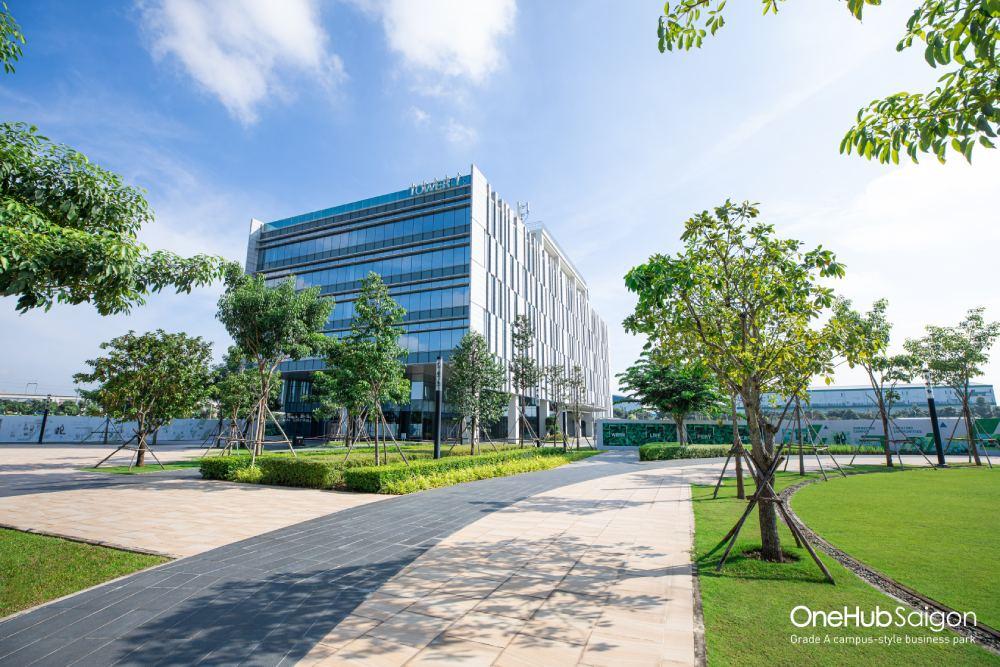
Tax incentive in Saigon Hi Tech Park at OneHub Saigon help businesses quickly grow in the Vietnamese market
Conclusion
Vietnam has been and continues to be an attractive and potential market for international businesses to invest in. Sustainable reasons such as stable growth, favorable geographical location, young and high-quality workforce along with various incentive policies, especially the tax incentive in Saigon Hi Tech Park at OneHub Saigon, have created a diverse, favorable, and increasingly developing business environment.
Find out: Overview of the OneHub Saigon commercial office complex project


